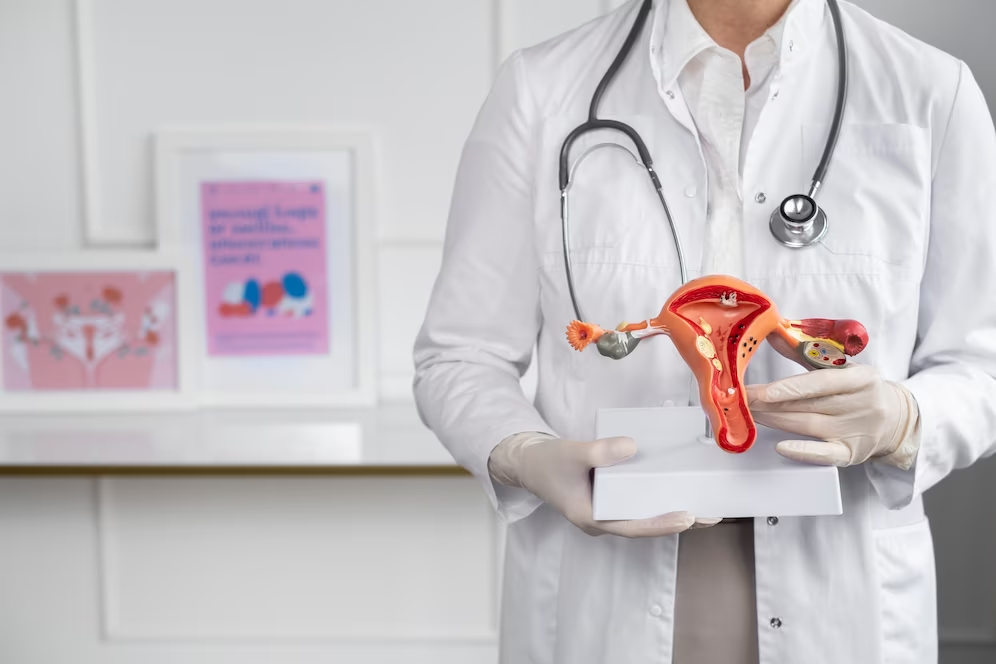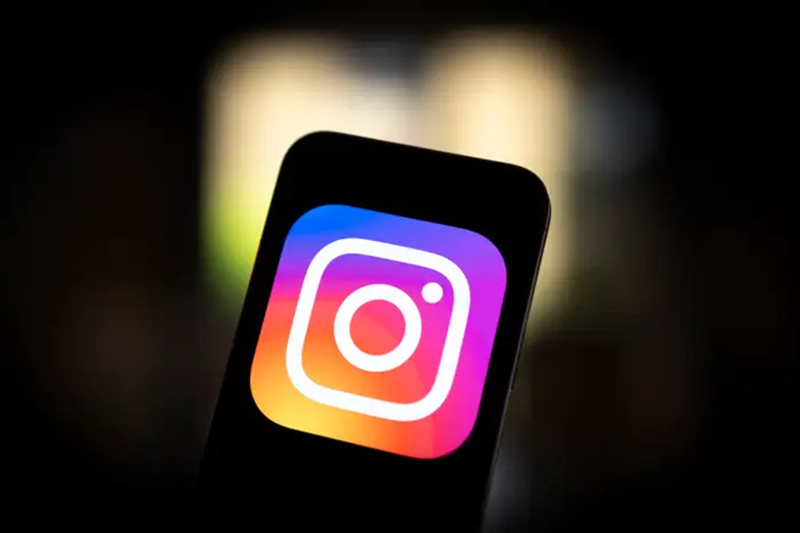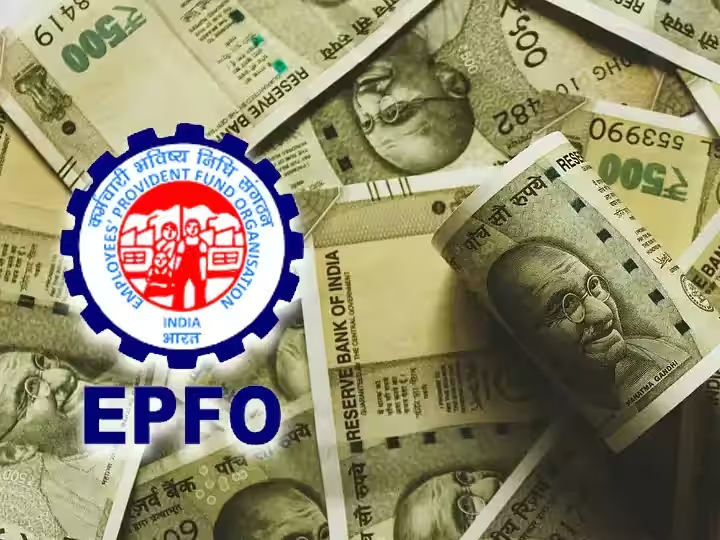Finance Minister Nirmala Sitharaman, while presenting the interim budget 2024-25 on Thursday (February 1), focused on tackling the challenges of the health sector. It has been announced to increase cervical cancer vaccination in this budget. Under this, the focus will be on reducing the risks of cancer by vaccinating girls aged 9-14 years.

Cervical cancer is the fastest-growing cancer in women globally, killing millions of women every year. In India, cervical cancer is the third most common cancer with a rate of 18.3% (123,907 cases). According to the report, it is also the second leading cause of death among women with a mortality rate of 9.1%.
Researchers said that the risk of this cancer can be reduced with the help of the HPV vaccine. Let us know about the risk of cervical cancer and vaccination to prevent it.
Cervical Cancer and Vaccination
Cervical cancer is considered a serious type of cancer occurring in the cervix. The cervix is the lowest part of the uterus, which connects to the vagina. Most cases of cervical cancer are caused by human papillomavirus (HPV) infection. HPV is a common virus that can be spread from one person to another during sexual intercourse. At least half of sexually active people will get HPV infection at some point in their lives, although our body's immune system keeps this infection at bay.
People who have weak immunity may have a higher risk of the infection increasing and taking a serious form.
HPV vaccine may be effective
Researchers said HPV vaccination may help reduce the increased risks of cervical cancer. Research has found that the HPV vaccine can help reduce HPV infections and cancer by more than 90%. HPV vaccination was first recommended in 2006. The CDC (Centers for Disease Control and Prevention) suggests routine HPV vaccination at age 12. This vaccine can be effective in preventing not only cervical cancer but also many other serious health problems.

Benefits of HPV vaccine
Health experts say this vaccine can be given to people aged 9 years and above. The Centers for Disease Control and Prevention (CDC) suggests routine HPV vaccination at age 11 or 12. The ideal age for vaccination is before a person becomes sexually active. Researchers said that this vaccine can not only help prevent cervical cancer but it can also prevent penile and anal cancer. The HPV vaccine may also help protect against cancers of the mouth, throat, head, and neck caused by the HPV virus.
Vaccination dosage and precautions
According to the report of Myoclinic, people under 15 years of age can be vaccinated with two doses at an interval of 6 to 12 months. People who start getting vaccinated between the ages of 15 and 26 should receive three doses of the vaccine.
Health experts say some people should not take these vaccines. The HPV vaccine is not given during pregnancy. If a person has had an allergic reaction after a previous HPV shot or has severe allergy problems, they should get vaccinated only on the advice of a doctor.
(PC: FREEPIK)










